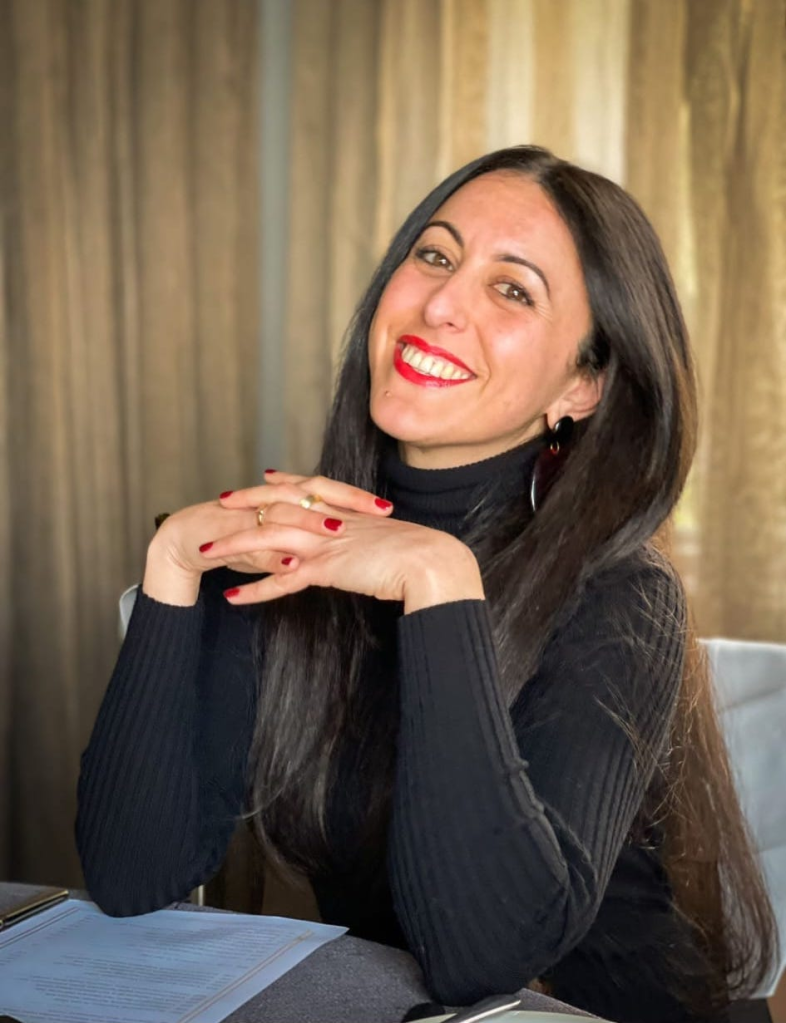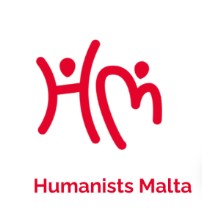By: Isaac Saliba, The Malta Independent
Sunday, 27 August 2023
Maltese society and culture are deeply intertwined with Catholicism and religion as a whole. The teachings of Christianity and the Catholic Church are prevalent from a young age and the subject of religion is taught in many primary and secondary schools, often also revolving around Christianity for the majority of the syllabus. Many children and teenagers are also encouraged to be part of organisations devoted to Christian teaching.
However in recent times there has been a growing trend of more people identifying as either being atheist or having no religious affiliation. When reviewing shifts in society’s treatment of religion, one must wonder if perhaps the point of contention lies with the idea of “organised religion” rather than religious belief itself.
The Malta Independent on Sunday reached out to Alison Vella, a member of Humanists Malta, and spoke about their campaigns and what could be the reasons behind this shift in society.

Vella said: “I think that with the internet and with people having access to more knowledge, people are raising more questions, and knowledge tends to spread quite a bit.” She added that with access to knowledge and data, people are likely to question more as opposed to the past where there was a lack of availability of information. “You were told this, don’t question it, and just go on about your day.”
She said that religion’s origins came about in early civilisations, where scientific discoveries were still to be made. She used weather as an example, referring to things such as thunderstorms, where early civilisations linked such phenomena to gods. She attributes the increasing prevalence of atheism and humanism to more accessible science-based knowledge and discussion.
Vella was asked why humanism is so often linked to atheism despite being distinct from one another. She said that although they are similar, humanism is not exactly a form of atheism. She explained that humanism focuses on science so those who are humanists tend to also be atheists. “The idea is to work towards a more compassionate goal for humanity, there’s a lot of philosophy involved and it touches a lot with existentialism.” She emphasised Humanists Malta’s belief in bodily autonomy and that one should not harm others.
In regards to humanism’s relation to religion, she said: “We don’t mind if anyone is religious. We understand that it is culture and we understand it’s coming from a very long line of how humans have come together and society has been built.” Vella added that Humanists Malta does not condone discrimination towards any religion or those who are not religious.
An argument one may commonly find thrown around during any debate regarding religion and atheism is the claim that one cannot have good moral values without a religious guideline. Vella was asked what her thoughts about this are, to which she said that it is something that often comes up in discussions from her experience.
She added that in her opinion if someone is an atheist and a good person it is more definitive that they are truly good because they have no incentive behind their behaviour. “I do find that there are a lot of religious people who just behave in a particular way out of fear and feeling that they have to because they were always indoctrinated in that way and don’t really question it.” Vella said that this does not mean being an atheist automatically makes you a good person, as there are those who are good and those who are bad, “but the ones who are good are that way because they are genuinely good people … I don’t believe that you need to be religious to be a good person”.
Humanists Malta currently forms part of the coalition for pro-choice, but takes on the role of a supporting organisation as opposed to the “drivers”, she explained. They form part of this organisation due to their belief in bodily autonomy. Vella said that a campaign they are very interested in pushing themselves is that of Assisted Dying, commonly referred to as euthanasia. “It’s not nice, we’re not dealing with easy topics, we’re dealing with heartbreaking scenarios, but we believe that if someone would like to take their own life in the most humane way possible because they are suffering then it is entirely up to them and there should be no other person or government that can decide for you.”
Staying on the topic of bodily autonomy, we moved on to talk about the pro-choice movement in the Maltese islands. Malta has already ratified laws that go against certain doctrines, said laws being divorce and gay marriage, and the current primary point of contention is that of abortion becoming legal. Among members of the European Union, Malta has some of the most restrictions when it comes to abortion. Vella said that in this regard she has seen some improvements but thinks that there needs to be more done.
She remarked that whenever she speaks to foreigners who have not visited Malta they are always shocked to hear that abortion is illegal. “They’re always very surprised and they don’t understand it.” Vella said that from her experience, she finds a lot of pushback from most Maltese people when it comes to abortion, though she has met others who are “very pro-choice”. She explained that there are often mixed and very strong emotions from both ends.
“The ones who are staunchly against it, for them it’s a sin and it’s not on. They will actually judge you if you have a different opinion. Then there’s the other side who are pro-choice and are angry at the fact that we are living in an allegedly progressive country, but it’s really not to some degree. Some things are progressive and some aren’t.” She said that the government needs to take a stance and be fair with the choices and options provided to the population, “because at this point it’s not fair and it’s very much what they want and how they want the country to perceive them for votes”.
The Malta Independent on Sunday brought up a recent situation regarding Malta’s national anthem, in which there was some discussion about adopting a new national anthem, namely Tema 79. In this instance we focused on the religious aspect of the national anthem and how it is essentially a prayer to God, and posed the question as to whether or not this is fitting for Malta as a secular country.
Vella said that when it comes to culture and secularism, one needs to look at what is actually important. “I personally like that there’s still quite a cultural influence in Malta. What I don’t like is if the Catholic side of things influences regulations and legislations.” She said that at the end of the day Malta is predominantly a Catholic country and finds no issue with the national anthem as it is. “What I don’t want is that the state imposes legislation that goes against choice … in essence it is not up to the government’s choice. It is our body and it is what we want to do.”
Citations, References And Other Reading
- Featured Photo Courtesy of : The Malta Independent.
The views, opinions and analyses expressed in the articles on Humanist Freedoms are those of the contributor(s) and do not necessarily reflect the views or opinions of the publishers.
By continuing to access, link to, or use this website and/or podcast, you accept the HumanistFreedoms.com and HumanistHeritageCanada.ca Terms of Service in full. If you disagree with the terms o
